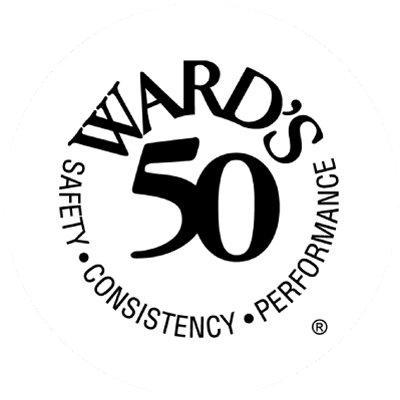It’s important to know the different parts of your insurance policy pages and what they mean for you. The first or one of the first pages you’ll find is the declarations, or “dec” page, which provides an overview of the policy. There may be only page, or several pages that are considered the declarations page.
The declarations page summarizes your policy. For example, a declarations page for either a business or personal auto policy identifies the named insured and lists the vehicles that are insured, and a homeowners or business property declarations page lists the location of the property that’s being insured. Policyholders should get a new declarations page each renewal period.1
The insurance declaration page is an important part of your insurance policy because it shows2:
- The main coverages you have and what will be paid should a claim arise
- The limits for the various sections of the policy
- Premiums charged for the coverages you have selected and for which you’ve paid
- The person(s) and/or the property that is covered
The declarations page typically contains the following3:
- Policy number
- Policy beginning and ending dates (the policy period)
- Insurance company name
- Insurance agency name
- Policyholder name
- The names of persons or organizations whose interests are also covered, such as a bank or credit union (for example, mortgages, business or car loans), or an additional policyholder
- Mailing address of the policyholder
- Physical address and description of the covered property or operations
- Numbers and edition dates of all attached forms and endorsements
- Dollar amounts of policy limits
- Dollar amounts of deductibles
- Premium
- Endorsements (documents that amend the policy) if applicable
Other Information Regarding the Declaration Page
- Keep in mind your declarations page is only a summary of your coverage; it doesn’t show everything within your policy.3
- Some declarations pages will have information on the steps to file a claim. If not on the declaration page, this information should be listed in a different part of your policy.4
- Make sure to review the declaration page for errors. There may be misspellings, incorrect coverage amounts, or missing endorsements or forms that could affect your policy coverage in the event of a claim.
Sources:
1, 4. OPIC Texas
3. TheInstitutes.org, “Property and Liability Insurance Principles”
2, 5. The Balance



